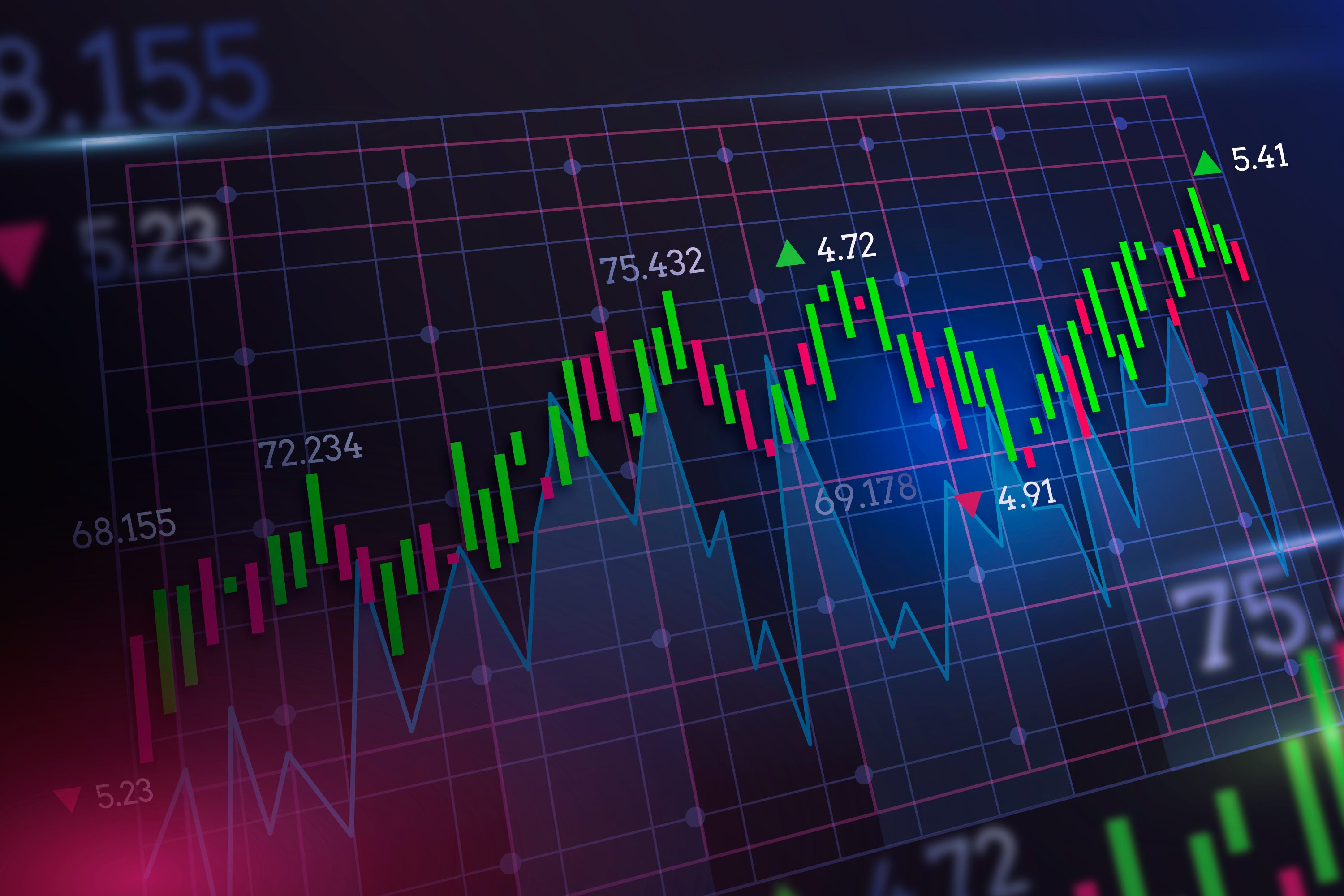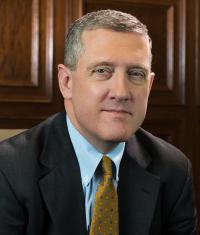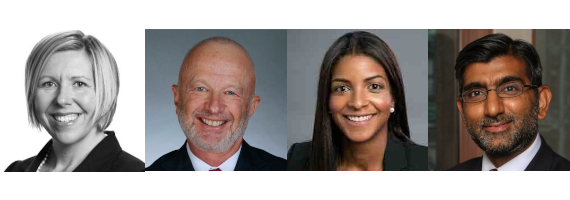High Inflation: The New Normal?

This panel will discuss the current high levels of inflation in the U.S. and across the world. The discussion will focus on the underlying causes of the inflation, the impact inflation is having on the global economy, and where inflation may be heading moving forward. The panel will also address the role played by the monetary and fiscal policy interventions of the past two years and how current trends in policy will likely impact inflation and the global economy.
The Geopolitics of Energy Transition
As policymakers, business executives, investors, and households contend with an elevated commodity price environment – with the shocks of high energy prices rendering a return of volatility to global financial markets, as well as challenging the outlook for the post-pandemic economic recovery – we are honored to host a distinguished panel to discuss the Geopolitics of the Energy Transition.
Even prior to the present Russia-Ukraine conflict, dynamics such as pandemic-related contractions of supply of critical fuels such as oil and natural gas, asynchronous reopenings of economies across the globe – as well as potentially chronic underinvestment in fossil fuel resources – have contributed to a high and volatile commodity price environment. As policymakers and executives have committed to ‘build back better’ and greener in the post-pandemic world, the energy shocks of 2021 and 2022 evidence the extent to which our energy infrastructure is still structured around the use of oil for transport and manufacturing activity, and the use of natural gas for power generation.
Moreover, as governments in advanced economies cement their net zero commitments, many are made painfully aware of their continued resource interdependence with other developing and emerging economies for raw materials such as rare earths – and indeed hydrocarbons – to fuel their energy transitions. Amidst the backdrop of the potential return of the ‘old economy’, how long will fossil fuels remain a dominant part of the energy landscape? As geopolitics returns to global energy markets, which countries are the ‘haves’, and which constitute the ‘have-not’s? What are the implications of shifting geopolitical winds from the GCC to Asia? What does energy security look like in today’s changing world? Is the Russia-Ukraine conflict likely to accelerate or retard the energy transition? And, in considering the business and investing landscape, what is the ESG risk associated with supporting the energy transition via allocation to fossil fuels? How viable are some of these investments from a return standpoint?
The panel will feature Jason Bordoff, Director of Columbia University’s Center for Energy Policy, and SIPA Professor; Shaia Hosseinzadeh, Managing Partner, Onyx Point Capital Management; and will be hosted by Dr. Alexis Crow, Senior Fellow at Richman Center, Columbia Business School and Columbia Law School, and Global Head of Geopolitical Investing practice, PwC.
April 25, 2022
Purdue Pharma: A View from Way Inside

Join us for a conversation with Davis Polk Partner, Marshall Huebner, Purdue's lead counsel since 2018, who has agreed to answer (just about) any question. Moderated by Professor Edward Morrison, Columbia Law School.
April 11, 2022
Big Tech and Policy

We’ve always known Big Tech as the disruptor of traditional industries; print media, booksellers, office assistants, financial advisors, brick-and-mortar businesses - the list goes on - have all experienced an unprecedented shift to their business models and had to accommodate to compete digitally. In 2020, the U.S. tech industry alone employed roughly 12.2 million workers. And, as of May 2021, Apple was worth $2.21 trillion, Microsoft $1.88 trillion, Amazon $1.76 trillion, Alphabet $1.60 trillion, and Facebook (Meta) $0.93 trillion. That’s around $8.4 trillion for five companies alone. Is their reign coming to an end? In the words of Salon guest speaker Swisher, “[As we come out of the pandemic] . . . There will be a culling of most competitors of these giants that will only strengthen the power and reach of the behemoths, eliminating pesky roadblocks to their further domination.” We are entering a new period in technology, where these powerful forces will be under immense pressure to fend off those who want to control them.
Big Tech has gone from being the disruptor to the disrupted as threats of anti-trust lawsuits hang over the heads of giants like Facebook and Google. Is Big Tech still untouchable? What is the responsibility of the regulator? What should tech companies do? How can we think about the future of Big Tech? Is there an ethical way for Big Tech to coexist? Can it truly be regulated? Is Big Tech in trouble? In this Salon session, we will decide if Big Tech has outgrown itself, learn the terms of regulating Big Tech, understand how to lead through policy change, and explore what to anticipate in the year ahead.
Join us as we welcome Kara Swisher, described by Newsweek as Silicon Valley's "most powerful tech journalist," to Columbia Business School's Cooperman Commons to discuss the future of Big Tech.
March 31, 2022, 5:30 p.m.
What Really Happened With GameStop?

The January 2021 “meme stock” phenomenon was unprecedented in recent US market history. Following a series of steady, low-volume gains early in the year, shares in GameStop-- a thinly-traded, poorly performing retailer--jumped 18% on January 25th, another 92% the following day and 134% on January 27th, when the stock closed at a still-record high of $347.51 each, valuing the money-losing video game retailer at $22.67 billion.
The gains prompted rallies in stocks such as AMC Entertainment, Kohl's and Bed Bath & Beyond, triggered trading restrictions and capital calls on broker-dealers by clearing agencies, Congressional hearings on the fair treatment of retail investors by Wall Street hedge funds and market-makers, and a probe into stock price manipulation by the SEC.
Explanations for what happened were plentiful, ranging from a classic “short-squeeze” to the power of social media to motivate small retail investors, but facts were in short supply. The SEC found that a short squeeze or “gamma squeeze” in the options markets didn’t explain trading and price changes, concluded that everything worked largely the way it was supposed to and recommended no specific changes. But a recent report by legal and business academics reached a different conclusion about the role of short-selling and suggests that market policies may need adjustment.
What really happened to GameStop stock trading in late January 2021? What issues with market structure did it reveal? And what lessons should market participants and regulators learn from the experience?
Join our panelists as we look behind the headlines.
March 28, 2022, 6:30 p.m.
A Conversation with Federal Reserve Bank of St. Louis President James Bullard

Columbia Economics, SGH Macro Advisors, and the Richard Paul Richman Center for Business, Law and Public Policy are pleased to host a Question and Answer “fireside chat” with Federal Reserve Bank of St. Louis President James Bullard, a thought leader who is frequently at the forefront of significant turns in U.S. monetary policy. Topics will include inflationary risks, interest rate policy management, quantitative tightening, and the challenges in implementing the Fed’s New Policy Framework in a post-pandemic and inflationary environment.
February 17, 2022, 11:00 a.m.
ESG Investing Career Paths: Panel Discussion for Students and Alumni
Investing with ESG – environmental, social, and governance considerations – is a core trend in institutional investing. Asset owners, investment managers, and the businesses in which they invest increasingly include ESG aspects in their investment practices. Interest amongst Columbia students and alumni in pursuing ESG investment careers is stronger than
ever. Students and alumni see ESG investing as both a lasting business trend and as way to align their professional activities with their personal values.
November 16, 2021, 6:30 p.m.
Tech Regulation in the US, the EU and China
The European Legal Studies Center at Columbia Law School welcomes three distinguished guests for a discussion, hosted by Professor Anu Bradford (Columbia Law School), that will focus on Tech regulation in the United States, the European Union, and China.
